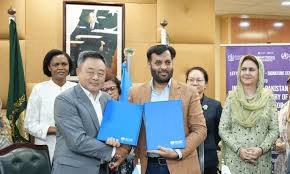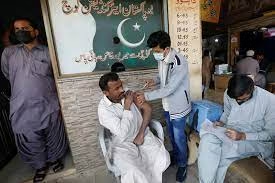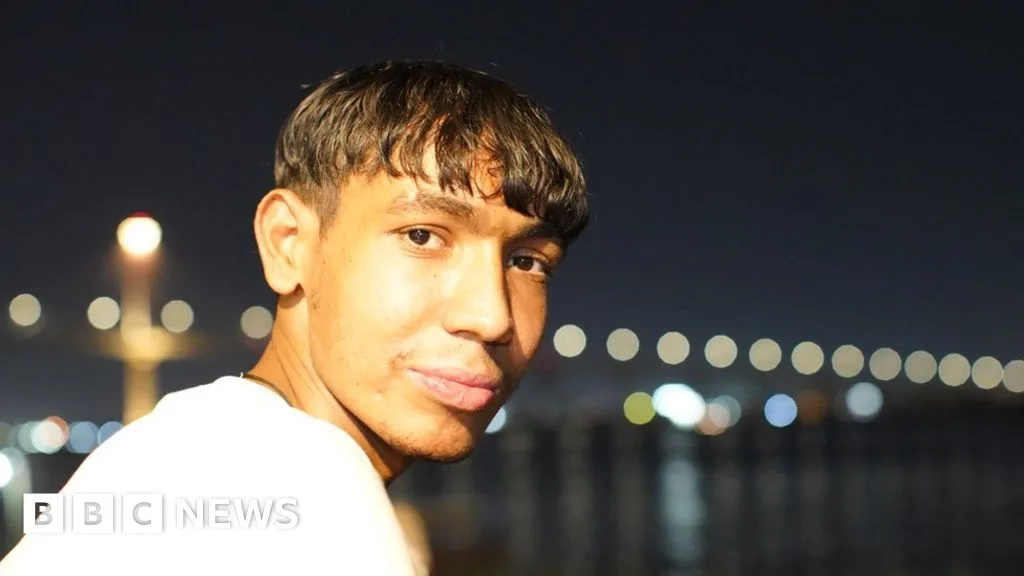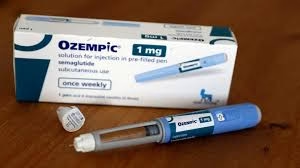Pakistan has entered a groundbreaking agreement with the World Health Organization (WHO) to supply free cancer medicines to children nationwide, marking a major step forward in pediatric healthcare access.
The agreement, formalized through a Letter of Agreement (LoA), officially makes Pakistan a participant in the Global Platform for Access to Childhood Cancer Medicines (GCCM)—a WHO-led initiative aimed at expanding life-saving cancer treatments in low- and middle-income countries.
At the signing ceremony, Federal Health Minister Syed Mustafa Kamal also launched the National Cholera Control Plan 2025–2028, emphasizing a shift toward preventive healthcare to ease the country’s overall disease burden.
Under the new partnership, Pakistan will receive a regular supply of essential childhood cancer medicines each year, benefiting around 8,000 children diagnosed with cancer annually.
“The goal is simple but profound—to save lives,” Minister Kamal stated. “Currently, the survival rate for children with cancer in our region is only 30%. Through this agreement, we aim to raise that to 60% by ensuring timely access to quality treatment.”
WHO will provide technical and operational support, while UNICEF will handle the procurement and delivery of the medicines to Pakistan. The Minister expressed deep gratitude to WHO, UNICEF, and the GCCM for their commitment to child health.
Beyond cancer care, Kamal addressed the broader challenges of Pakistan’s health system. “This is not just about cancer. Our health system is under pressure,” he said, citing alarming statistics:
- 11,000 maternal deaths annually
- 43% of children suffering from malnutrition
- A birth rate of 3.6 pushing resources to the brink
He stressed the importance of prevention, saying, “Real healthcare begins outside hospitals—in clean water, proper sanitation, preventive action, and community awareness. If we continue to focus only on treatment, we will never overcome the burden of disease.”



